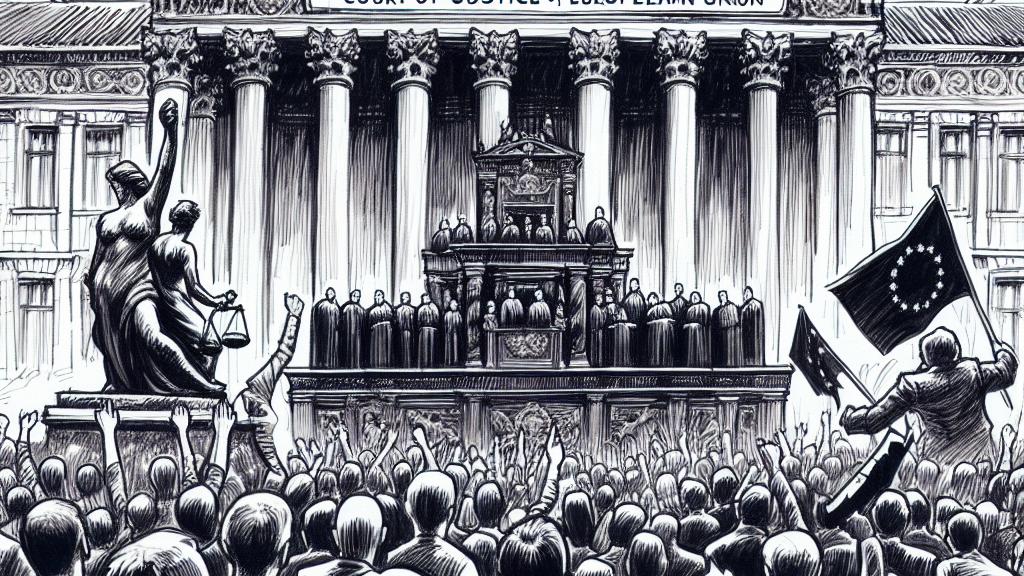The Final Word of TJUE on Puigdemont and Comín's Act in the European Parliament
Overview
- The Court of Justice of the European Union (TJUE) has made a landmark ruling affecting Puigdemont and Comín's status as MEPs.
- This decision may pave the way for extradition requests and legal actions from Spain against them.
- The outcome is pivotal in the ongoing Catalan independence saga, showing the complex ties between EU law and national politics.

Implications of the TJUE Decision
The recent ruling by the Court of Justice of the European Union (TJUE) is monumental for Carles Puigdemont and Toni Comín, key figures in the Catalan independence movement. Conducted in Luxembourg, the ruling strips them of their parliamentary immunity, effectively removing the legal shield they once enjoyed. This significant change empowers Spanish authorities to initiate potential legal actions, including their extradition, a move that could have serious ramifications for both leaders. For Puigdemont’s supporters, this decision isn’t just a legal setback; it’s a blow to the values of democracy that the EU purports to uphold. As tensions rise, this ruling serves as a stark reminder of the ongoing conflict between Catalonia's aspirations for independence and the Spanish government's insistence on maintaining national unity.
Legal Context and Future Actions
Navigating this situation requires understanding its broader legal context, which is rooted in the complex relationship between EU and national laws. While the European Parliament had originally granted immunity as a protective mechanism, the TJUE’s final decision reflects Spain’s ongoing efforts to regain legal control over its political landscape. It’s crucial to note that Puigdemont and Comín have vowed to appeal this ruling to the European Court of Justice, signaling their determination to fight back against what they see as an infringement of their rights. This potential legal battle not only keeps hope alive for these leaders but also raises vital questions about the effectiveness of EU protections for its parliamentarians. The ongoing saga also illustrates how legal frameworks can intersect and clash within the realm of political movements, particularly in areas marked by nationalist sentiments.
Reactions and Political Ramifications
The TJUE ruling has ignited a flurry of reactions across the political spectrum, demonstrating the highly charged nature of this issue. Catalan activists and supporters of Puigdemont have reacted with indignation, describing the ruling as an affront to justice and a symptom of systemic oppression. They are planning to mobilize public demonstrations and petitions to reinvigorate their campaign for independence and to seek international support. On the other hand, Spanish officials celebrate the TJUE's decision as validation of their legal stance. They argue it’s a necessary step to ensure accountability among politicians who have, in their view, acted unlawfully. This ruling exemplifies the ongoing conflict in Catalonia—a battle between the desire for self-determination and the legal frameworks that govern nation-states. Ultimately, this is not just a legal ruling; it's a vibrant chapter in the ongoing struggle for identity, rights, and political representation that Catalonia faces.

Loading...